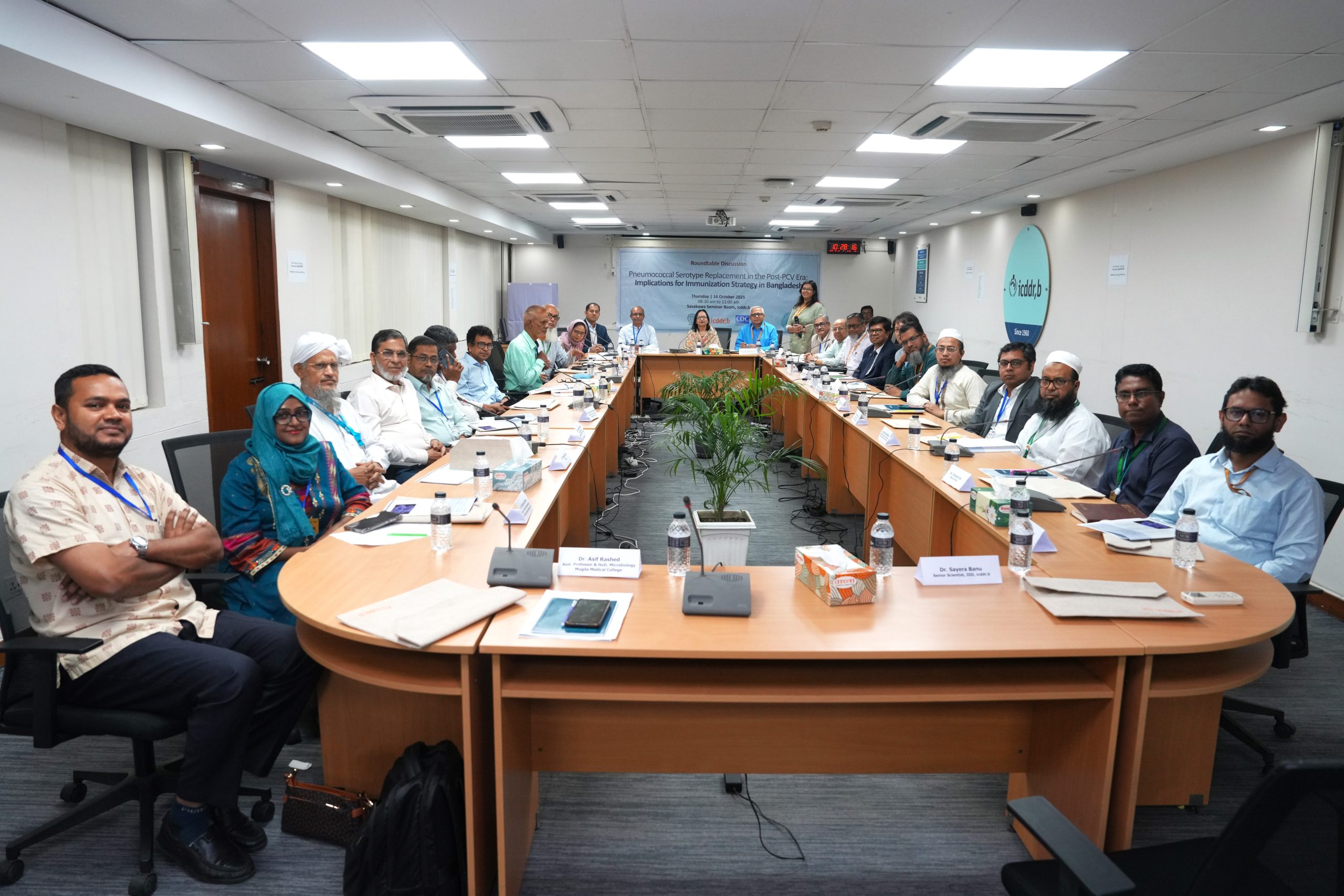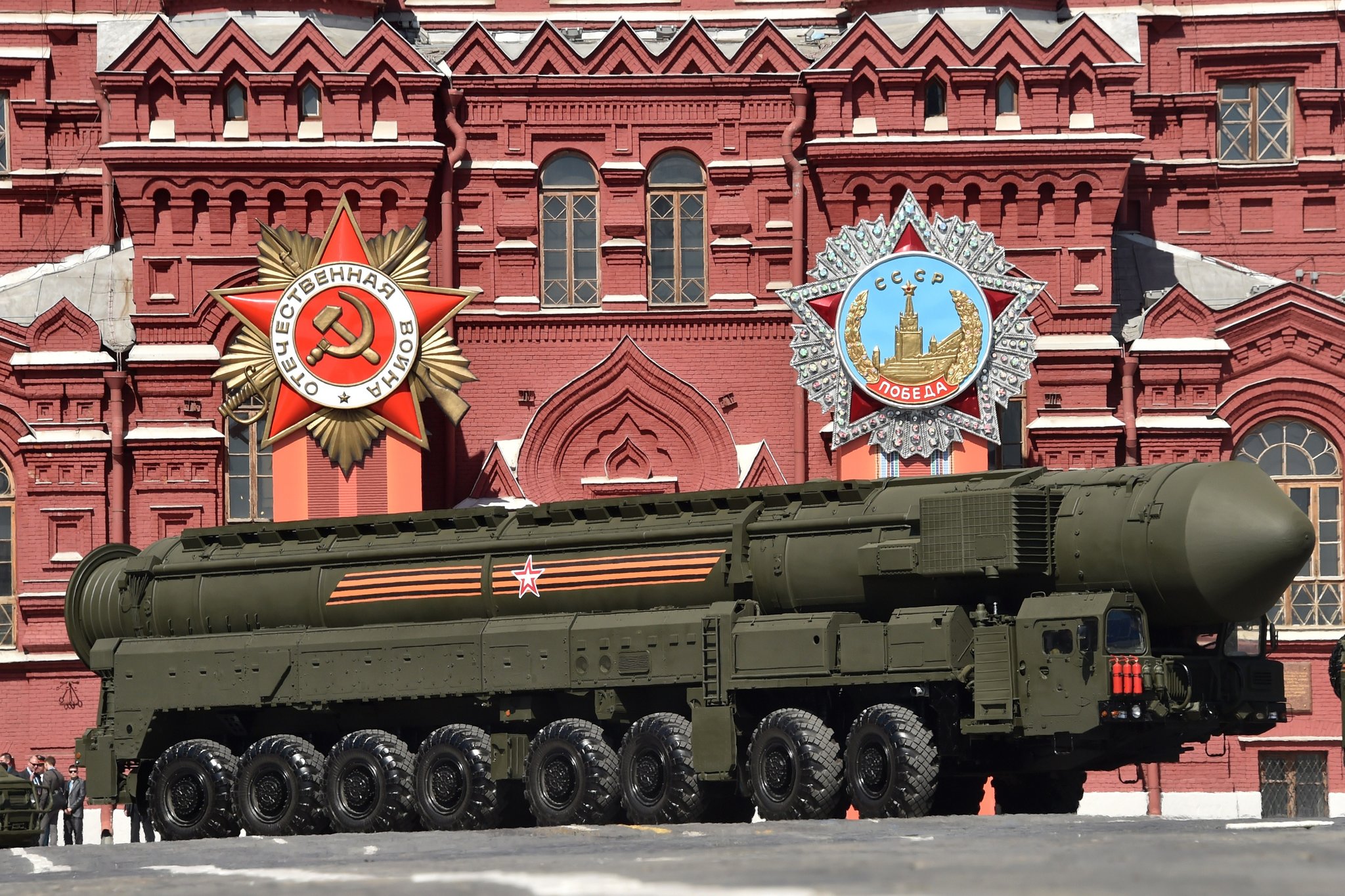Initiative to Introduce a New Generation of Child Vaccines in Bangladesh

To reduce child mortality from pneumonia and infectious diseases, Bangladesh is preparing to introduce a new generation of more effective pneumococcal conjugate vaccines (PCV). Local and international public health experts say that the inclusion of this modern vaccine will make the country’s child immunization program more sustainable.
Discussion on the New Generation Vaccine
On October 16, 2025, a roundtable discussion was jointly organized by icddr,b and the Institute of Epidemiology, Disease Control and Research (IEDCR). The discussion focused on the need and feasibility of introducing a more effective pneumococcal vaccine for children under five in Bangladesh.
The research findings were presented by Dr. Md. Masudul Hasan, infectious disease specialist at icddr,b. He stated that although the existing PCV-10 vaccine has been in use in Bangladesh since 2015, recent studies show that it no longer provides sufficient protection against certain emerging pneumococcal bacteria among children.
Research Findings and Recommendations
Dr. Hasan reported that analysis of samples from children treated at government-run pediatric hospitals revealed that new pneumococcal strains are increasing even after years of PCV-10 use. As a result, pneumonia and death risks persist among children under five.
The research team recommended that Bangladesh introduce improved versions such as PCV-13, PCV-15, or PCV-20, which could boost children’s immunity by 17% to 52%.
Experts’ Opinions at the Meeting
In her opening remarks, icddr,b Executive Director Dr. Tahmina Ahmed said:
“Pneumonia remains one of the leading causes of child mortality. Effective vaccines can save children’s lives and reduce pressure on the healthcare system.”
The meeting was chaired by Dr. Shefardousi Kader, senior scientist at icddr,b and member of the National Immunization Technical Advisory Group (NITAG). She noted that many countries have already adopted PCV-13 or its advanced versions, which have proven effective in reducing child deaths.
Economic Feasibility and Prospects
IEDCR associate researcher Dr. Tajul Islam stated that upgrading from PCV-10 to PCV-13 would be economically rational and sustainable for Bangladesh, as it offers much higher protection at a relatively modest cost.
Director of the Disease Control Unit of the Directorate General of Health Services (DGHS), Dr. Farhana Hossain, said, “To introduce a modern vaccine, it is essential to update logistics and training systems. This will ensure a more stable vaccine supply.”
Role of Government and International Organizations
Representatives from UNICEF and the World Health Organization (WHO) said that if Bangladesh adopts the new generation vaccine, they will provide technical assistance and support for the supply chain system.
Senior Assistant Secretary of the Ministry of Health, Dr. Zakirul Hasan, remarked, “Health security is now a global priority. Adopting a new generation vaccine will protect not only our children’s lives but also the country’s future.”
Closing Remarks
In the concluding session, Additional Secretary of the Ministry of Health and Family Welfare, Kazi Tanzila Hasan, stated:
“Our goal is clear—to ensure maximum protection for children, we must introduce the new generation of PCV as soon as possible. Research data show that it will play a significant role in reducing child mortality.”
All participants agreed that introducing advanced vaccines such as PCV-13, PCV-15, or PCV-20 is essential to improve children’s health protection.
Bangladesh has already achieved remarkable success in its immunization programs. Experts say that to sustain this progress, evidence-based policymaking and the inclusion of new-generation vaccines will be the key to securing the future of child health.
#BangladeshHealth #ChildVaccination #Pneumonia #icddrb #NewVaccine #HealthPolicy #SarakkhonReport






















